Nepal’s top court revokes PM Oli’s Parliament dissolution decision, forcing him to face trust vote
In a major blow to Nepal’s Prime Minister (PM) KP Sharma Oli, their Supreme Court has ruled that the Himalayan nation’s Parliament, which was dissolved by Oli in December 2020, must be reconvened. The court has given Oli two weeks to reinstate the legislature, which was dissolved following protracted internal disputes within his ruling Nepal Communist Party (NCP). In what is being seen as a major slap on the wrist for Oli, the top court ruled that the PM had overstepped his powers and the dissolution of the House was an unconstitutional act. The apex court’s verdict means that Oli will face a no-confidence motion when the legislators reconvene because he had dissolved Parliament about two years before its mandated five-year term was to end, to head off a no-trust motion by the rival leaders in his party. Now that he has nowhere to hide, Nepal has been pushed into another round of political instability. As of now, all indications are that Oli will respect the court’s verdict and, if his advisors are to be believed, he won’t consider any undemocratic move like imposing an emergency. However, both India and China will be watching the developments very closely as Oli had been re-elected in 2017 on the promise of forging stronger ties with China, a promise he kept all too well! India, which was once viewed as “big brother” to the Himalayan nation, had to play second fiddle to China as Oli danced to the tunes of Beijing and Chinese Ambassador Hou Yanqi and initiated several major development projects as part of Chinese efforts to boost trade and transit links in the region.
Not only did this end India’s monopoly in Nepal, it also led to increased tension between the neighbours as Oli issued many unsavoury and unwarranted remarks against India. The relations soured further as Beijing’s influence in Nepal and its meddling in Oli’s party grew. The last straw was Nepal coming out with a new political map in May 2020 claiming several areas in Uttarakhand to be part of its territory. However, to India’s credit, it kept its cool with its long-time ally and made all-out efforts to mend fences. In the end, Oli did come around to better ties with India, particularly after it became clear to him that China was indifferent to his continuation in the Government if it helped avoid a split in the NCP. The shift in Oli’s approach could be attributed to an attempt to reclaim the nationalist agenda that was the mainstay of his campaign that resulted in the NCP’s win in 2018. That China lately appeared indifferent to his continuation in the Government is also believed to have contributed to Oli’s stand. Now India and China, both jockeying for influence in Nepal, will keep a sharp eye on the political developments there. Where India is concerned, a weak coalition Government could be more supportive of New Delhi than hawkish Oli, who is seen as more interested in remaining in power in whatever way he can.







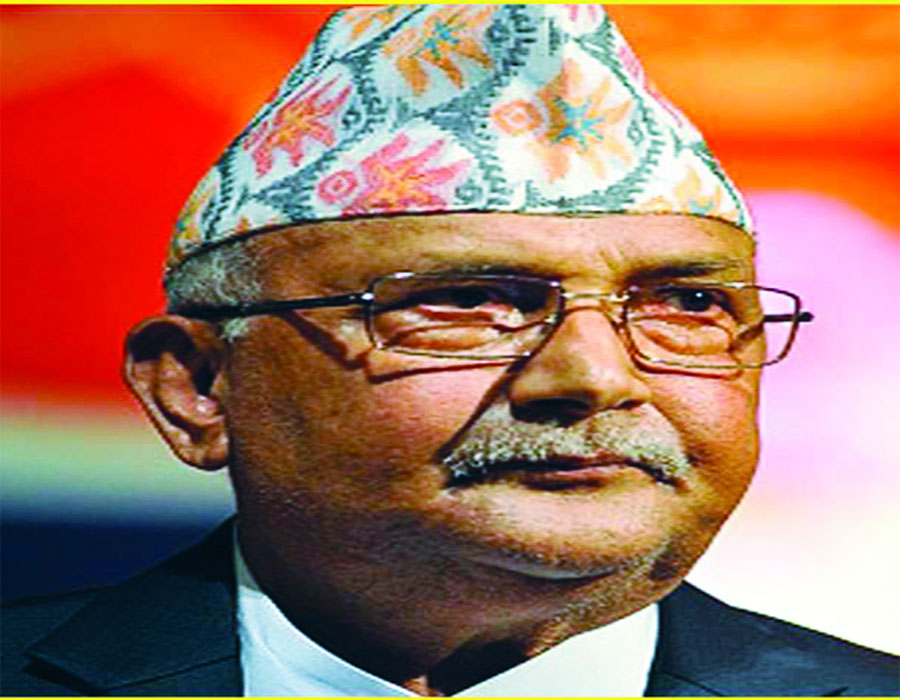
 OpinionExpress.In
OpinionExpress.In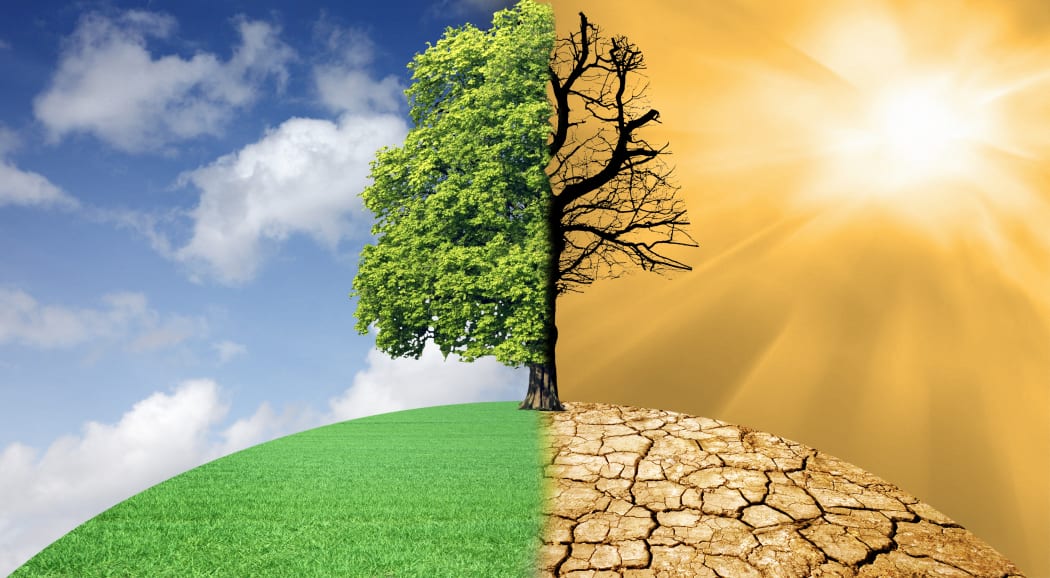
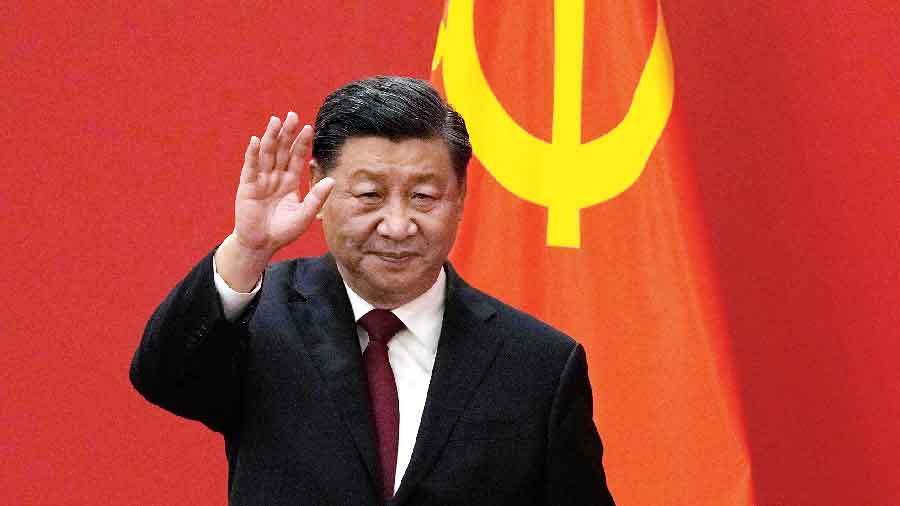

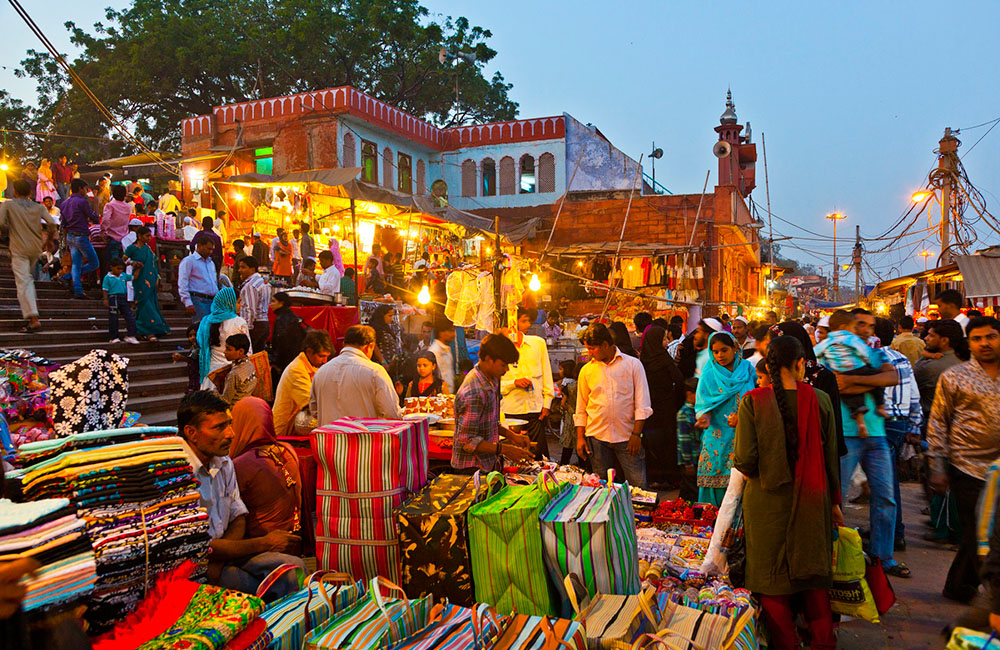
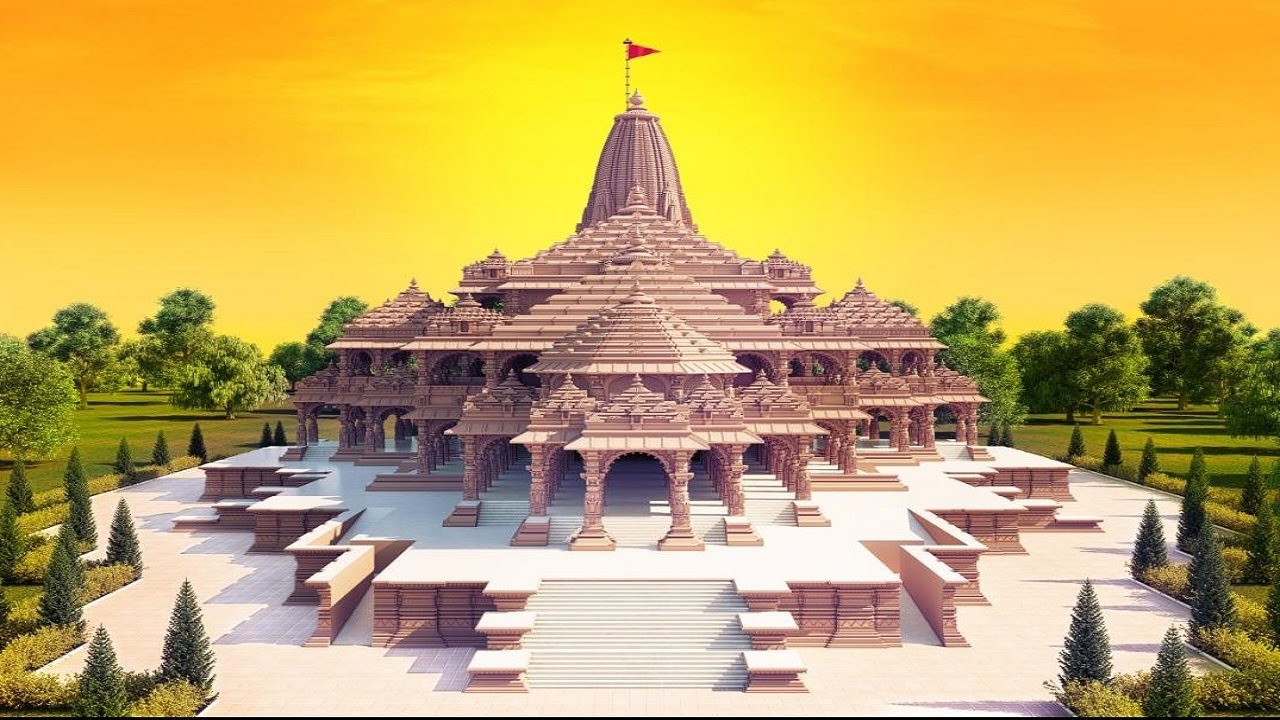
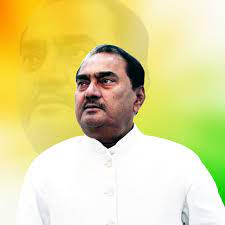
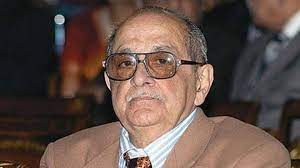
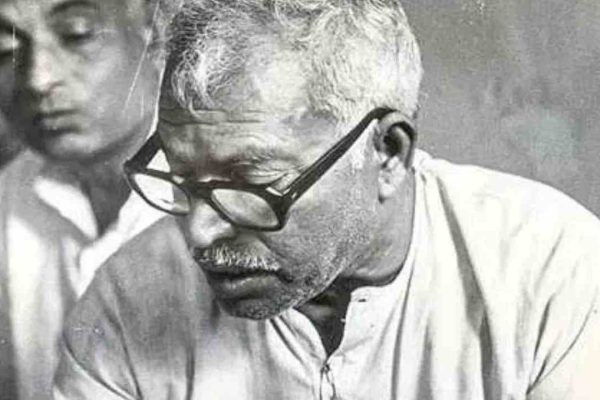
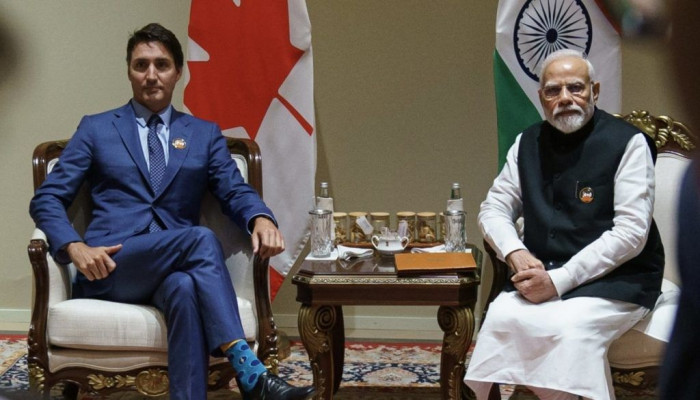
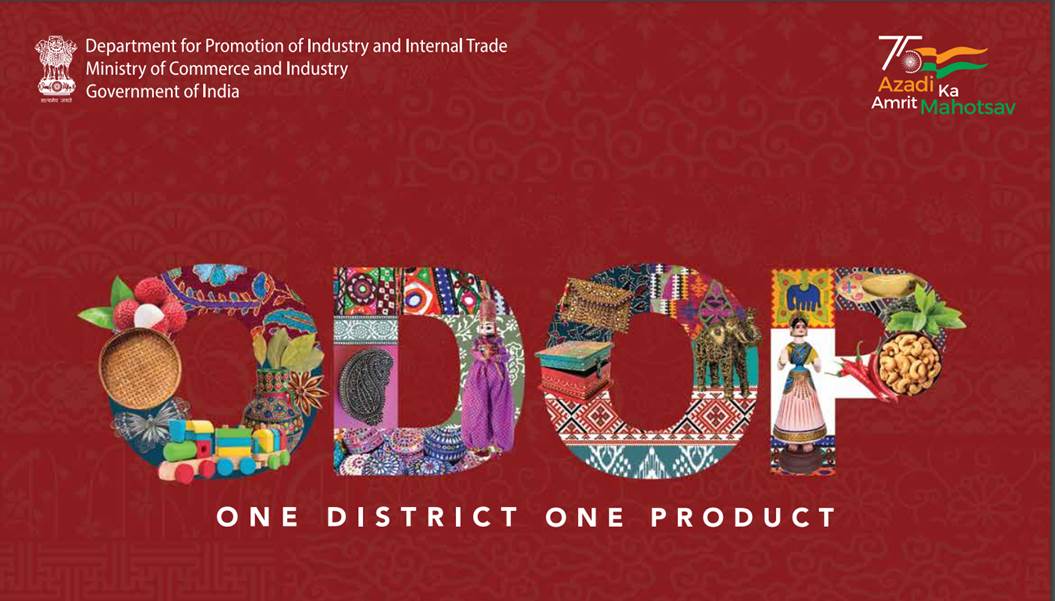






Comments (0)